Former Google CEO Eric Schmidt rejects claims Al scaling has peaked
AI doesn't has a scaling problem, despite reports to the contrary
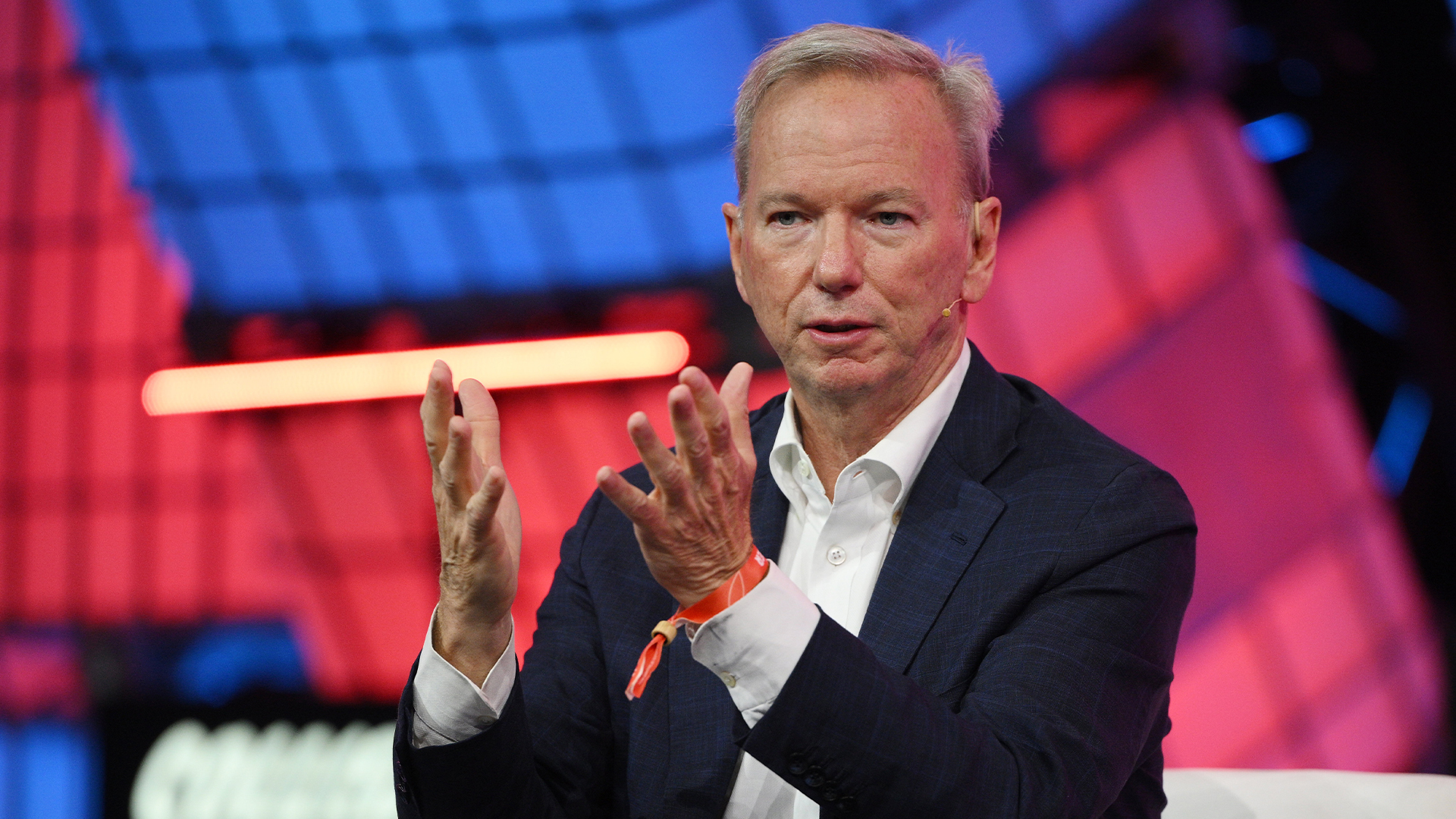

How can the large language models (LLMs) driving the generative AI boom keep getting better? That's the question driving a debate around so-called scaling laws — and former Google CEO Eric Schmidt isn't concerned.
Scaling laws refer to how the accuracy and quality of a deep-learning model improves with size — bigger is better when it comes to the model itself, the amount of data it's fed, and the computing that powers it.
However, these scaling laws may have limits. Eventually, LLMs face diminishing returns, improvements become more expensive, or stop becoming possible altogether - perhaps reflecting a limitation in the technology itself or for more practical reasons, such as a shortage of data.
Reports earlier this month suggested the next models from the major AI developers may reflect this, with smaller leaps forward than with previous releases.
First, a report from The Information suggested OpenAI was concerned about the next version of its model, dubbed Orion, with improvements more limited than in previous releases.
Because of that, the report claimed the company was using additional techniques for better performance beyond the model itself, including post-training tweaks.
Similar challenges were noted in a report by Bloomberg at both Google and Anthropic, with the next iteration of the former's Gemini model failing to meet expectations, while Anthropic’s challenges with the next version of its Claude model have reportedly led to delays to its release.
Get the ITPro daily newsletter
Sign up today and you will receive a free copy of our Future Focus 2025 report - the leading guidance on AI, cybersecurity and other IT challenges as per 700+ senior executives
Is there a wall?
Not everyone agrees that there is a limit to these LLMs, however. Following the reports, OpenAI chief executive Sam Altman posted online insisting “there is no wall."
Altman's succinct argument was expanded on by the former leader of one of OpenAI's rivals, ex-Google CEO Eric Schmidt.
Speaking on the Diary of a CEO podcast, host Steven Bartlett asked Schmidt what worried him about LLMs in the near future, and he began his answer by explaining that he believes these AI models won't face a scaling wall within the next five years.
"In five years, you'll have two or three more turns of the crank of these large language models," Schmidt said.
"These large models are scaling with an ability that is unprecedented; there's no evidence that the scaling laws, as they're called, have begun to stop. They will eventually stop, but we're not there yet,” he added.
"Each one of these cranks looks like it's a factor of two, factor of three, factor of four of capability, so let's just say turning the crank all of these systems get 50 times or 100 times more powerful."
Continued scaling a "fantasy"
Given that ever increasing power, Schmidt echoed AI safety concerns by discussing how LLMs could plan cyber attacks, create viruses, and exacerbate conflicts.
Others disagree, including long-time AI skeptic, the New York University professor Gary Marcus, who said in his Substack that AI would hit a wall, and continued progress at the same rate until reaching Artificial General Intelligence (AGI) was "a fantasy".
"The truth is that scaling is running out, and that truth is, at last coming out," he wrote, adding that venture capitalist Marc Andreesen had publicly said that on a podcast "we're not getting the intelligent improvements at all out of it" — which Marcus interpreted as "basically VC-ese for 'deep learning is hitting a wall'."
That will mean troubling times for companies that have bet big on LLMs, such as OpenAI and Microsoft. Marcus predicted that LLMs are here to stay, but the increasing costs will change the market.
"LLMs such as they are, will become a commodity; price wars will keep revenue low," he wrote.
"Given the cost of chips, profits will be elusive. When everyone realizes this, the financial bubble may burst quickly; even Nvidia might take a hit, when people realize the extent to which its valuation was based on a false premise."
The costs associated with LLMs have also been flagged as a major concern by other industry stakeholders, such as Anthropic CEO Dario Amodei.
In July, Amodei noted that it already costs hundreds of millions of dollars to train models in some instances, and there are some “in training today” that cost closer to $1 billion.
These numbers pale in comparison to the coming years, however, with Amodei predicting that AI training costs will hit the $10 billion and $100 billion mark over the course of “2025, 2026, maybe 2027”.
Freelance journalist Nicole Kobie first started writing for ITPro in 2007, with bylines in New Scientist, Wired, PC Pro and many more.
Nicole the author of a book about the history of technology, The Long History of the Future.
-
 Microsoft just hit a major milestone in its ‘zero waste’ strategy
Microsoft just hit a major milestone in its ‘zero waste’ strategyNews Microsoft says it's outstripping its zero waste targets, recording a 90.9% reuse and recycling rate for servers and components in 2024.
By Emma Woollacott
-
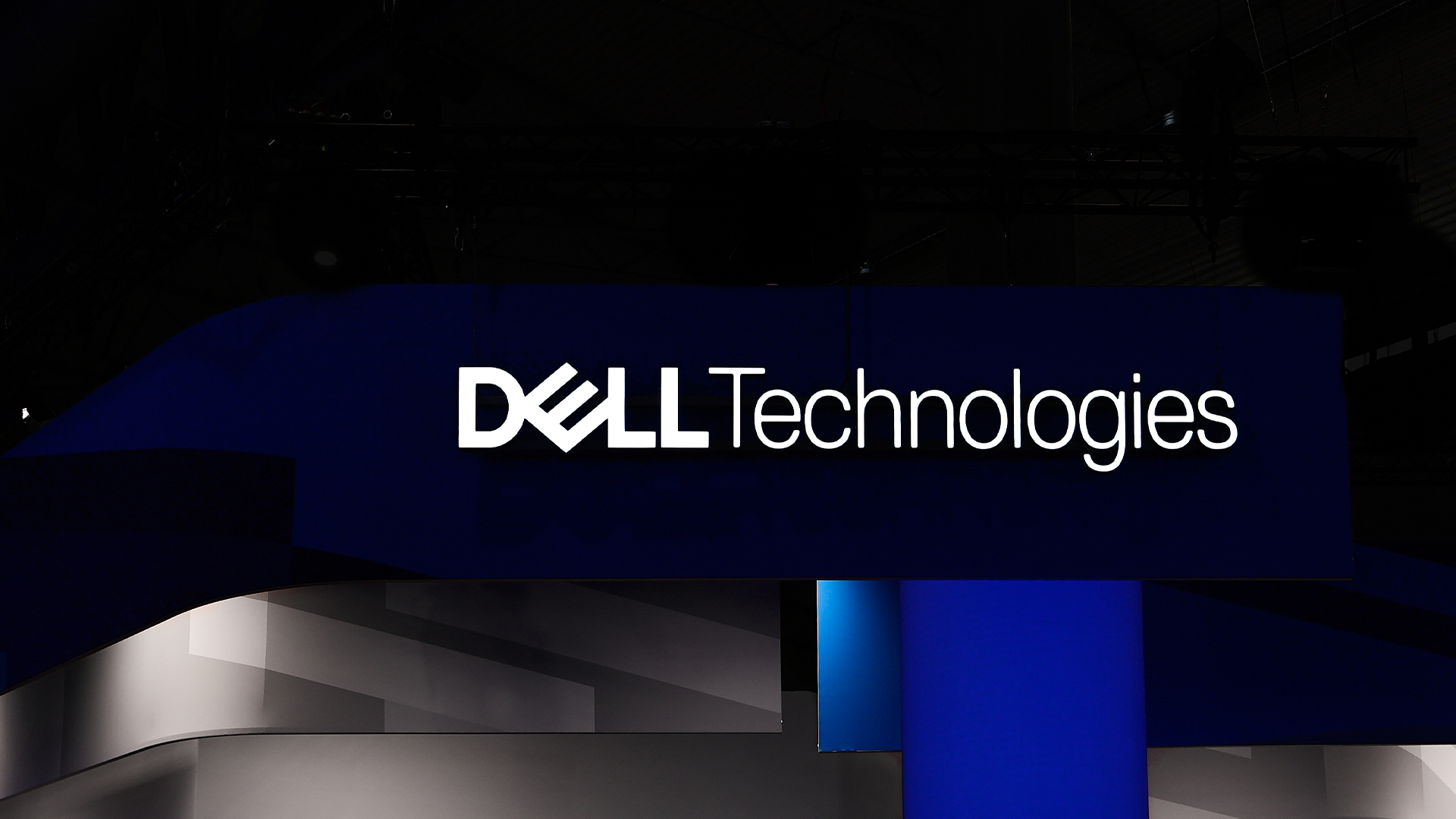 Dell names Lisa Ergun as new Client Solutions Group channel lead for the UK
Dell names Lisa Ergun as new Client Solutions Group channel lead for the UKNews Dell Technologies has announced the appointment of Lisa Ergun as its new Client Solutions Group (CSG) channel lead for the UK.
By Daniel Todd
-
 Third time lucky? Microsoft finally begins roll-out of controversial Recall feature
Third time lucky? Microsoft finally begins roll-out of controversial Recall featureNews The Windows Recall feature has been plagued by setbacks and backlash from security professionals
By Emma Woollacott
-
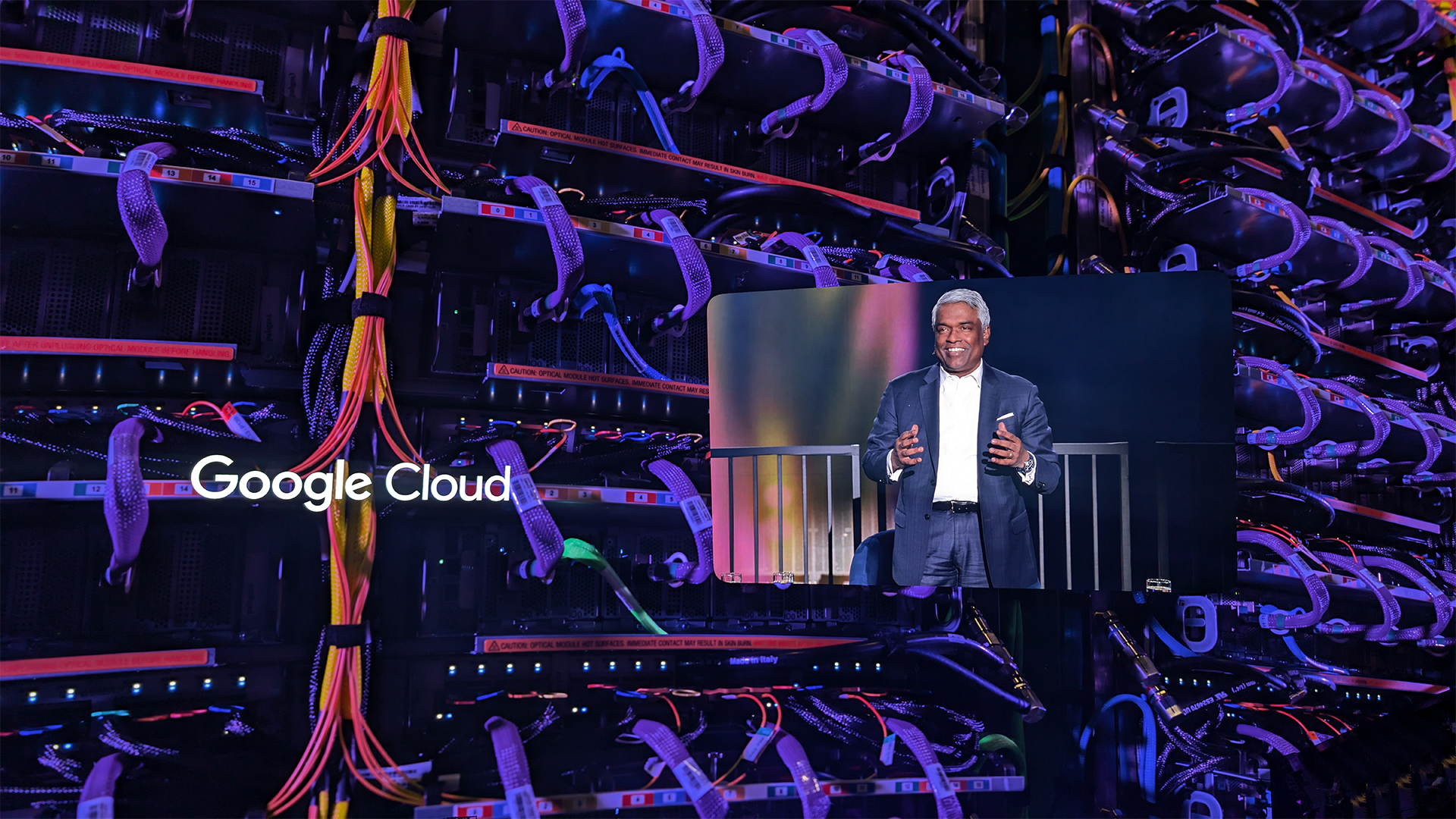 Google Cloud is leaning on all its strengths to support enterprise AI
Google Cloud is leaning on all its strengths to support enterprise AIAnalysis Google Cloud made a big statement at its annual conference last week, staking its claim as the go-to provider for enterprise AI adoption.
By Rory Bathgate
-
 OpenAI woos UK government amid consultation on AI training and copyright
OpenAI woos UK government amid consultation on AI training and copyrightNews OpenAI is fighting back against the UK government's proposals on how to handle AI training and copyright.
By Emma Woollacott
-
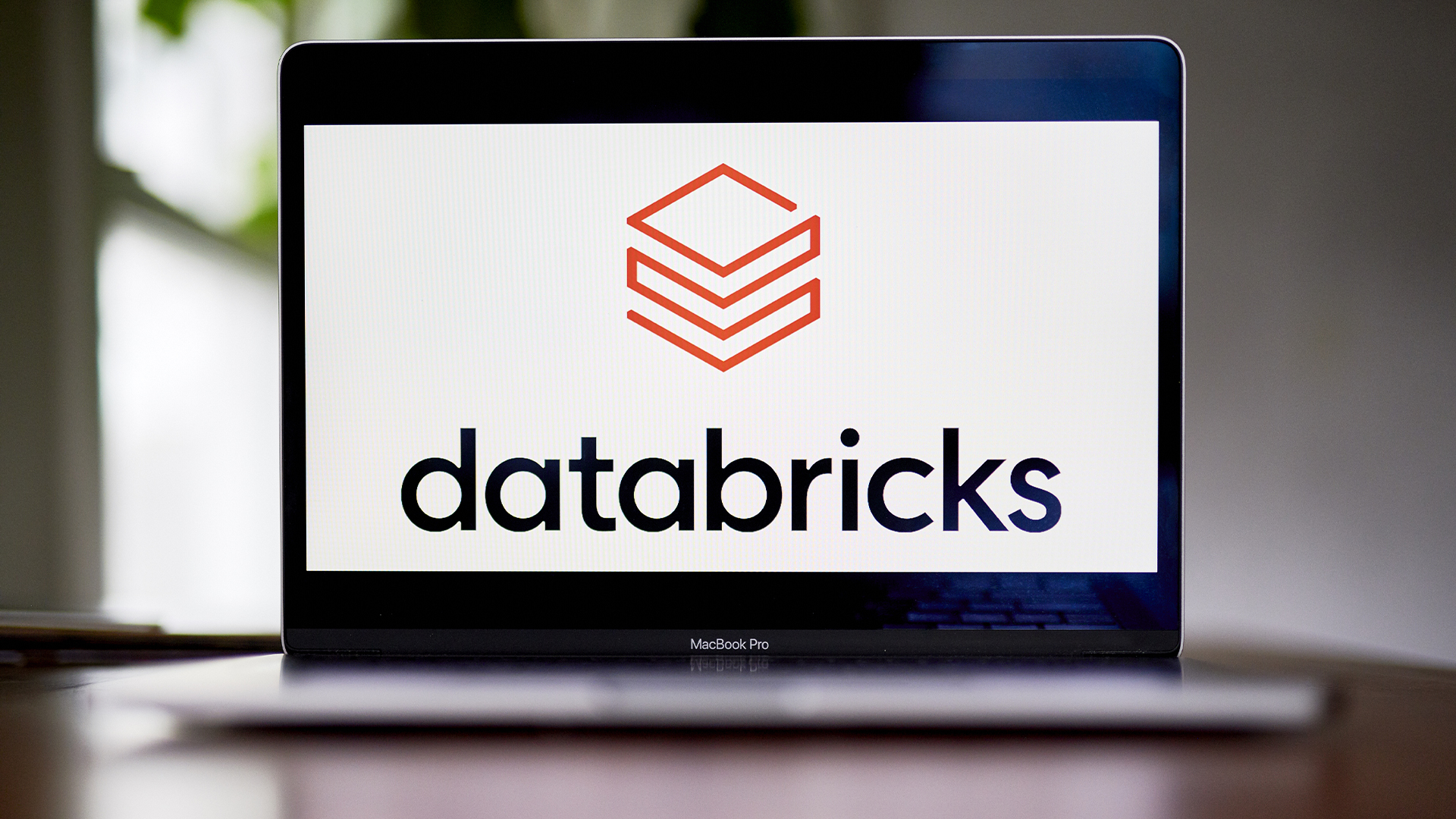 Databricks and Anthropic are teaming up on agentic AI development – here’s what it means for customers
Databricks and Anthropic are teaming up on agentic AI development – here’s what it means for customersNews Simplifying agentic AI adoption is the name of the game for Databricks
By Ross Kelly
-
 DeepSeek and Anthropic have a long way to go to catch ChatGPT: OpenAI's flagship chatbot is still far and away the most popular AI tool in offices globally
DeepSeek and Anthropic have a long way to go to catch ChatGPT: OpenAI's flagship chatbot is still far and away the most popular AI tool in offices globallyNews ChatGPT remains the most popular AI tool among office workers globally, research shows, despite a rising number of competitor options available to users.
By Ross Kelly
-
 Microsoft launches new security AI agents to help overworked cyber professionals
Microsoft launches new security AI agents to help overworked cyber professionalsNews Microsoft is expanding its Security Copilot service with new AI agents to help overworked IT teams deal with surging security threats.
By Bobby Hellard
-
 ‘DIY’ agent platforms are big tech’s latest gambit to drive AI adoption
‘DIY’ agent platforms are big tech’s latest gambit to drive AI adoptionAnalysis The rise of 'DIY' agentic AI development platforms could enable big tech providers to drive AI adoption rates.
By George Fitzmaurice
-
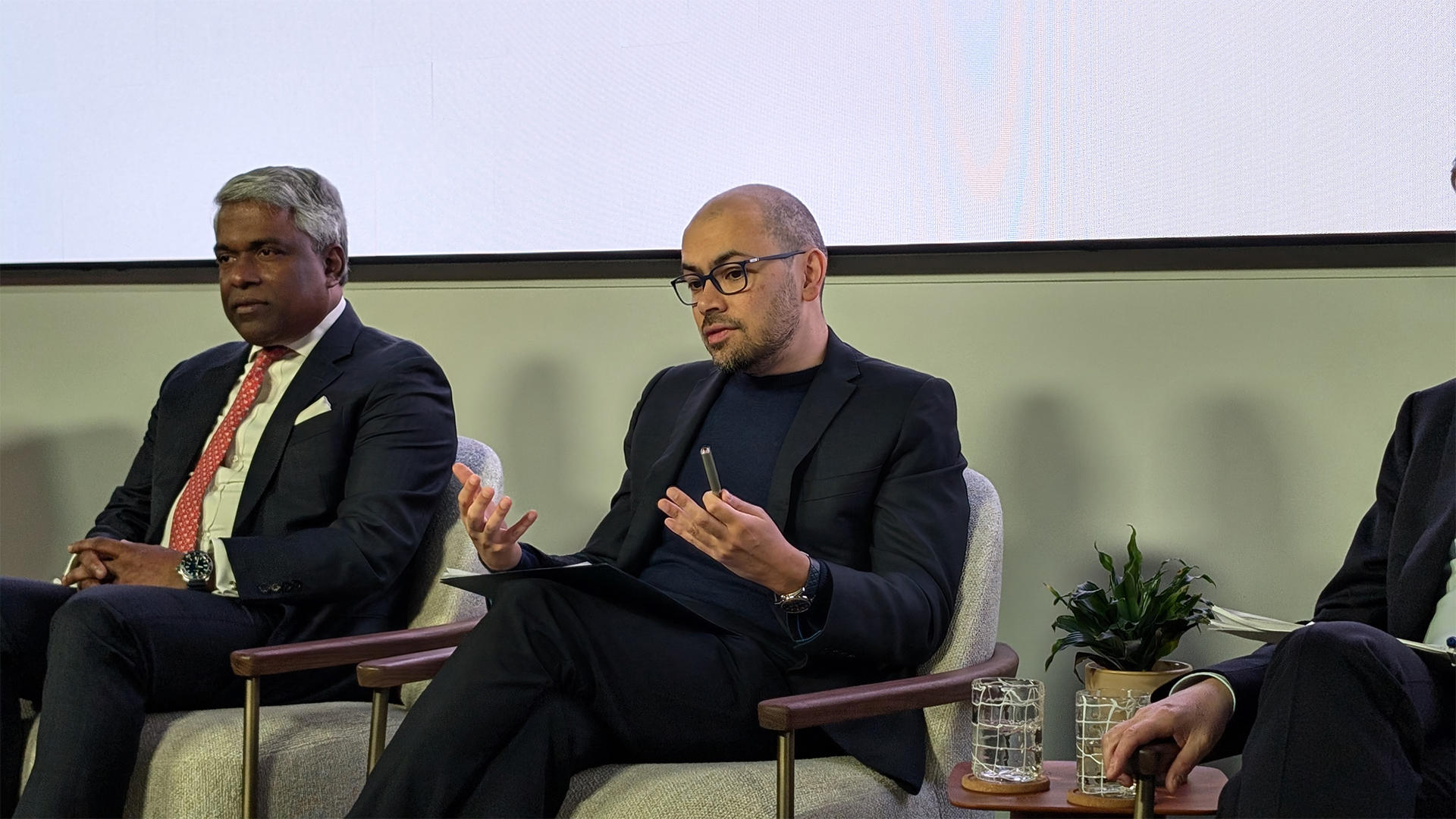 Google DeepMind’s Demis Hassabis says AI isn’t a ‘silver bullet’ – but within five to ten years its benefits will be undeniable
Google DeepMind’s Demis Hassabis says AI isn’t a ‘silver bullet’ – but within five to ten years its benefits will be undeniableNews Demis Hassabis, CEO at Google DeepMind and one of the UK’s most prominent voices on AI, says AI will bring exciting developments in the coming year.
By Rory Bathgate